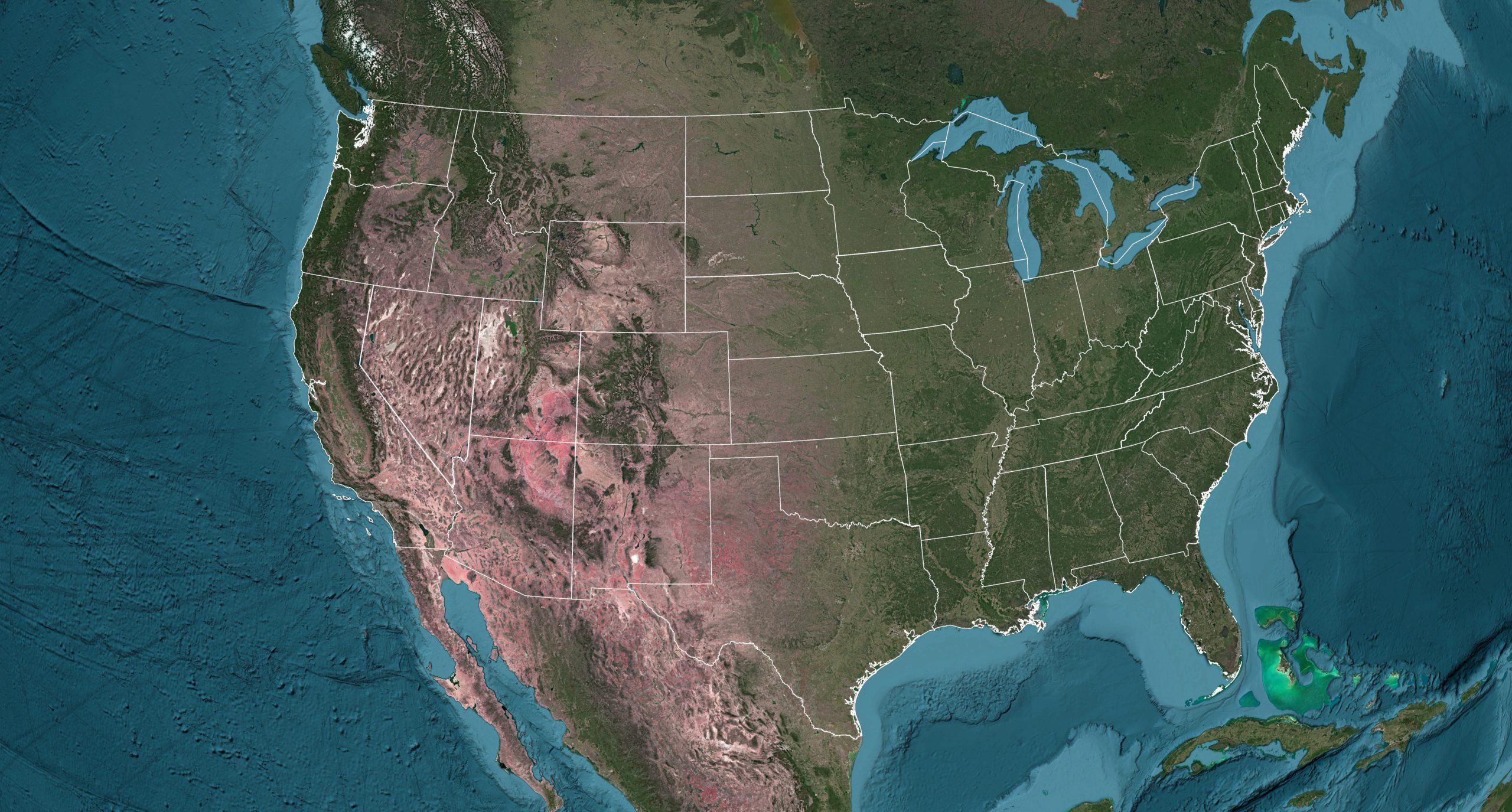Partner Resource
State Laws Governing Surcharging

Individual states in the United States can and have regulated the act of surcharging to recover credit card fees. These examples highlight how some states have written these laws.
Many other states have current laws which prohibit surcharges. However, InterPayments own legal analysis and discussions with those state attorneys general make us comfortable to allow surcharging in those states.
This is a resource for partners of InterPayments. The information on this page does not constitute legal advice and is intended for informational use only.

Colorado
Colorado allows merchants to surcharge either:
- Up to a 2% maximum cap or
- Up to the cost of accepting the credit card transaction.
Violating this law can result in a variety of liabilities including being charged with a class 2 misdemeanor. See statute 5-2-212 for the text of the law.

Connecticut
Connecticut prohibits surcharging.
Violating this law can result in fines of up to $500 per violation. See general statute title 42 chapter 739 42-133ff for the text of the law.

Maine
Maine prohibits surcharging.
Violating this law can result in claims by consumers. See Maine title 9-A 8-509 for the text of the law.

New Jersey
New Jersey prohibits any surcharge that is greater than the cost of accepting the credit card transaction.
Violating this law can result in fines starting at $10,000 up to $20,000 per violation. For the text of the law, see New Jersey bill A4284, which was signed into law in August 2023.

New York
New York prohibits any surcharge that is greater than the cost of accepting the credit card transaction. It also requires that the price with the surcharge isn’t more than the “posted price” the customer sees.
This law is in effect as of February 11th, 2024. Violating this law can result in fines of up to $500 per violation. See the Consolidated Laws of New York Chapter 20 Article 20-A Section 518 for the text of the law. For any questions or concerns, reach out to your contact at InterPayments.


